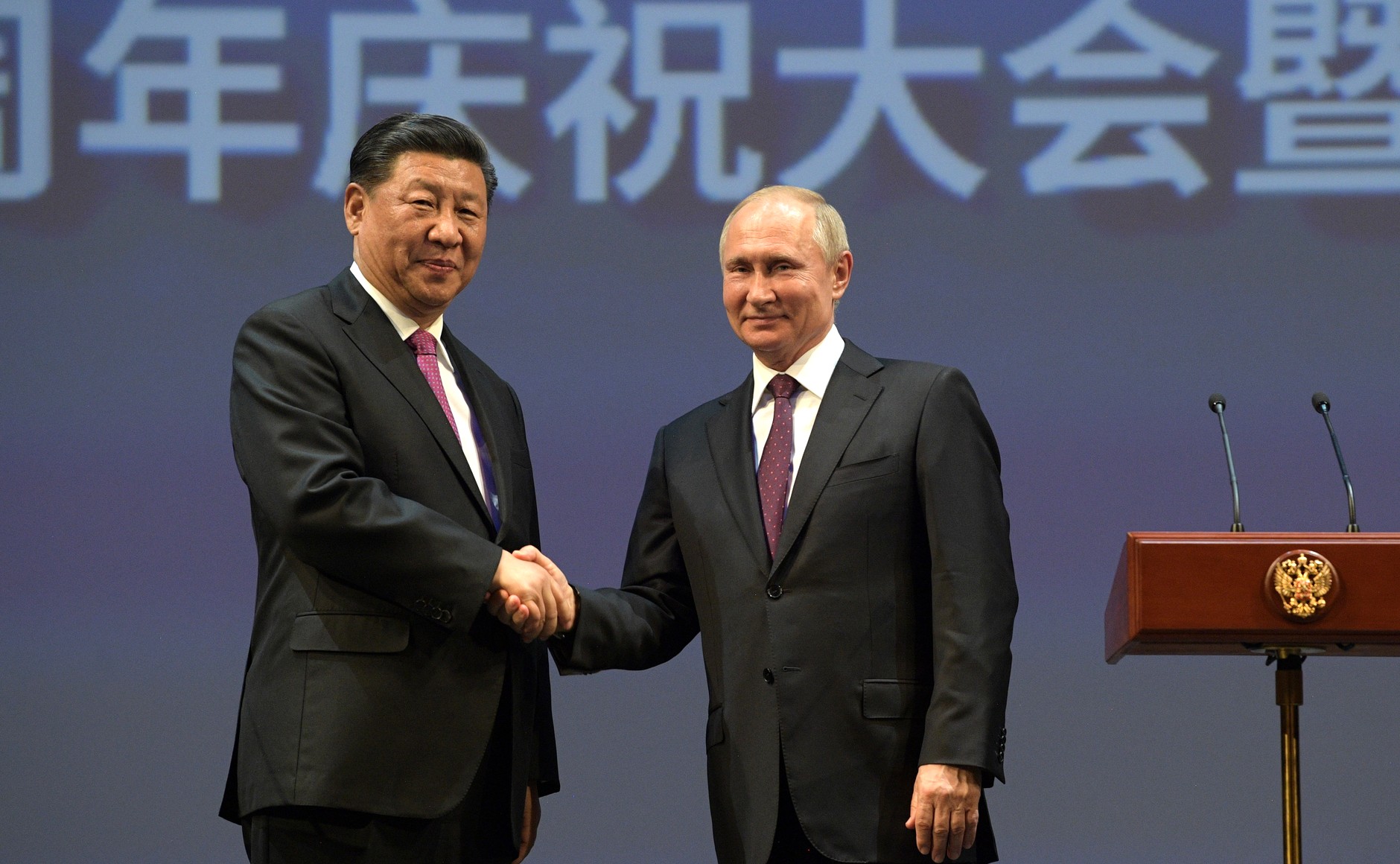Who will benefit most from Russia’s energy deals with China? Ft analysis

Moscow has a lot of influence on Europe as a gas supplier, but an over-reliance on Beijing carries long-term strategic risks. Financial Times analysis
The simultaneous energy crisis in Europe and China – the two largest markets for Russian hydrocarbons – has provided Moscow with the opportunity to conclude a lucrative new gas deal with Beijing.
The deal will allow Russia to sell gas to China from the same fields that supply its European customers. This represents a challenge for the energy security of the European Union.
However, over time, a growing dependence on the Chinese market will also create challenges for the Kremlin if it is to avoid a unilateral dependence on Beijing. The Financial Times writes .
With gas prices skyrocketing in Europe, the Kremlin has once again demonstrated how much leverage it has on the European energy market. This remains true despite temporary setbacks for Moscow, such as this week's decision by the German energy regulator to suspend certification of the controversial Nord Stream 2 pipeline. Berlin's move immediately pushed gas prices up in Europe by 15. %.
True, the outage may be short-lived, as Nord Stream 2 is already committed to meeting the regulator's requirements. But Moscow also knows that, in the long run, EU capitals will make joint efforts to limit the influence of Gazprom, the Russian state-owned energy group, in Europe. To keep Russia's gas leverage in Europe, then, and to capitalize on the country's huge gas reserves until they can be monetized, President Vladimir Putin looks to Beijing.
Gazprom has announced that it is concluding an agreement on a gas pipeline from Siberia to China. Power of Siberia 2, the name of the project, is expected to be approved early next year.
The Kremlin knows it must seize the opportunity from the current energy crisis in China. Beijing sees natural gas as part of the answer to transform its coal-dependent economy into a decarbonised future.
Over the next decade, China intends to double its gas generation capacity to around 200 gigawatts, so Gazprom has a window to enter the market. The energy crisis is creating a sense of urgency in Beijing. Moscow is eager to capitalize on China's growing obsession with energy security and its preference for a pipeline from a friendly state on vulnerable sea routes patrolled by US warships.
Unlike the current Power of Siberia pipeline, which was agreed by Putin and President Xi Jinping in 2014 and launched in 2019, the new Sino-Russian project could pose a real threat to the EU.
The original Power of Siberia pumps gas from two fields in eastern Siberia – Kovykta and Chayanda – for which China is the only market. The construction of a 3,000 km gas pipeline through the taiga with an annual capacity of 38 billion cubic meters did not provide Gazprom with real leverage over Europe.
However, it gave the Kremlin an additional source of income. It also served to enormously enrich two Gazprom contractors owned by Gennady Timchenko and Arkady Rotenberg. These two are longtime friends of Putin and both have been under US sanctions since 2014.
Power of Siberia 2, however, will use the same gas fields on the Yamal Peninsula that are Gazprom's resource base for its European contracts. With a maximum annual volume of 50 bcm – comparable to the Nord Stream 2 pipeline project running under the Baltic Sea – a new pipeline to China will provide Russia with an option to truly diversify its gas flows, giving Gazprom a helping hand. even stronger in negotiations with Europe.
This approach, in the long run, will inevitably have unwanted side effects for Russia itself. If Moscow doubles building more gas pipelines to China as a counterweight to its dependence on energy exports to Europe, it may find within a decade that it is highly dependent on a single consumer at the other end of the pipeline.
China has diversified its hydrocarbon import sources, and will be able to leverage market access to extract trade and political concessions, just as it already does with Australia and other countries.
If one day, for example, Beijing wants Russia to stop arming India and Vietnam, how will Moscow refuse if the Chinese market is the main source of revenue filling the Kremlin's coffers?
Arguably, the Russian leadership may be aware of this risk. At the same time, long-term thinking appears to be running out of resources in Moscow – kind of like gas in Europe right now.
Those Russian politicians who express caution are likely to lose internal battles in the Kremlin's corridors of power. The winners will be the people whose main goal is to build a pipeline across half of Eurasia at an inflated price.
(Extract from the foreign press review by Epr Comunicazione)
This is a machine translation from Italian language of a post published on Start Magazine at the URL https://www.startmag.it/energia/chi-godra-di-piu-per-gli-accordi-energetici-della-russia-con-la-cina-analisi-ft/ on Sun, 21 Nov 2021 06:48:29 +0000.
